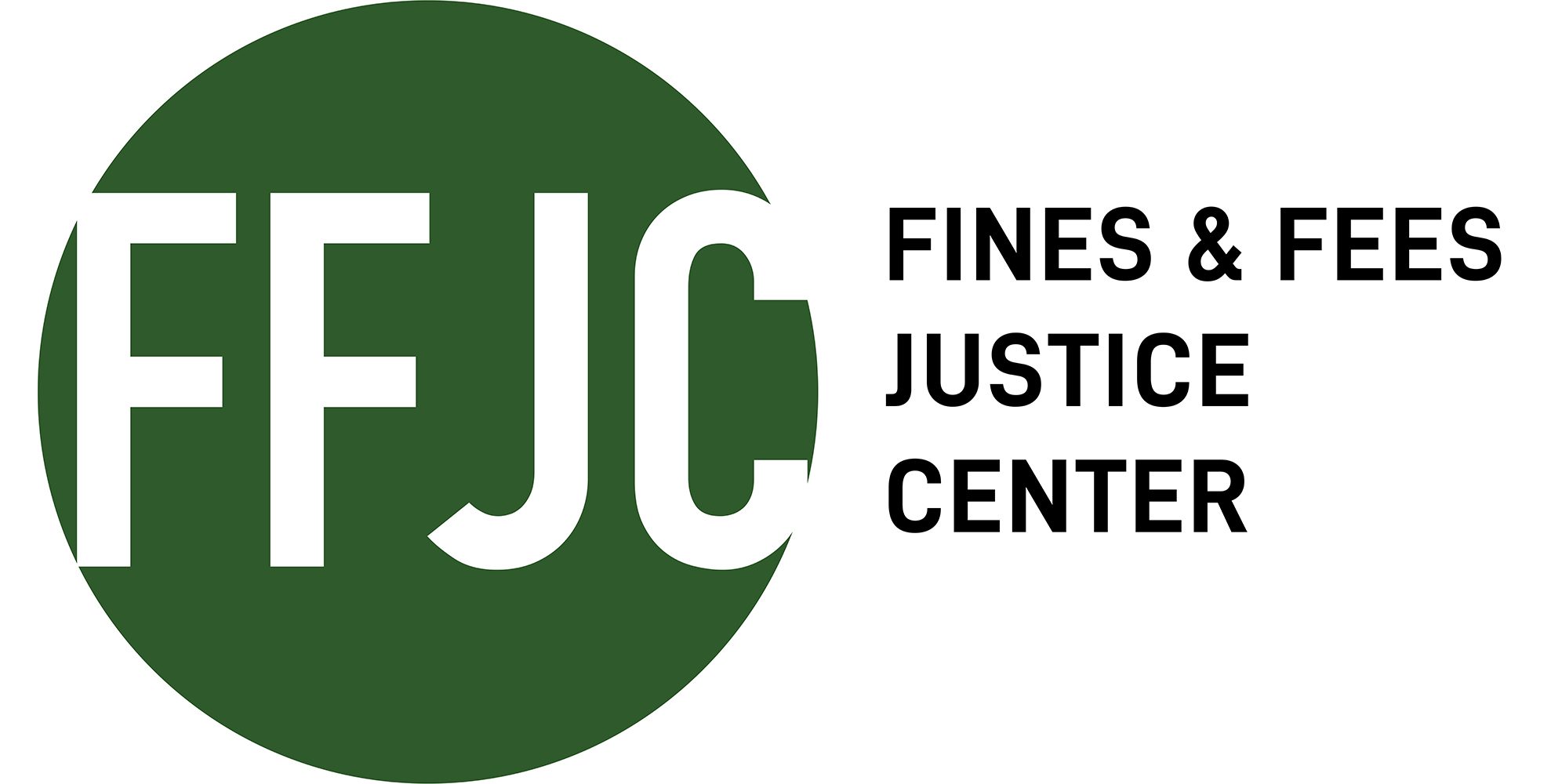On average, people released from prison owe $13,607 in fines and fees.
Fines and fees are levied at every stage of the criminal justice system. People who are poor and unable to pay them are criminalized and face many collateral consequences in their day-to-day lives including having their driver’s license suspended, interest added to their principal, and being jailed for nonpayment. This can then lead to future damage such as loss of employment, public services, and the ability to drive to take care of their families. Although some localities are pushing for reform and eliminating automatic license suspensions for missed fines or fees associated with the criminal justice system, some are making it harder for judges to waive hefty fees. This article explores the regressive tax placed on poor individuals in the justice system and the consequences for people who were unable to pay their fines and fees.
You can read the full text here.
Key Findings:
- From 1991 to 2004, the percent of convicted people that received court-ordered fines grew from 25 percent to 66 percent.
- Washington state charges 12 percent plus a yearly $100 surcharge to individuals who cannot pay their financial legal obligation in full and need a payment plan.
- Between 2012 and 2016, 2,004 people received a $65 jaywalking ticket in Duval County, Florida; 982 of them had their driver’s license suspended because they could not pay their ticket.
- A study by the National Public Radio concluded that in at least 43 states defendants must pay for a public defender.
- One in 20 adults in Kansas had their license suspended for failing to pay traffic tickets.
